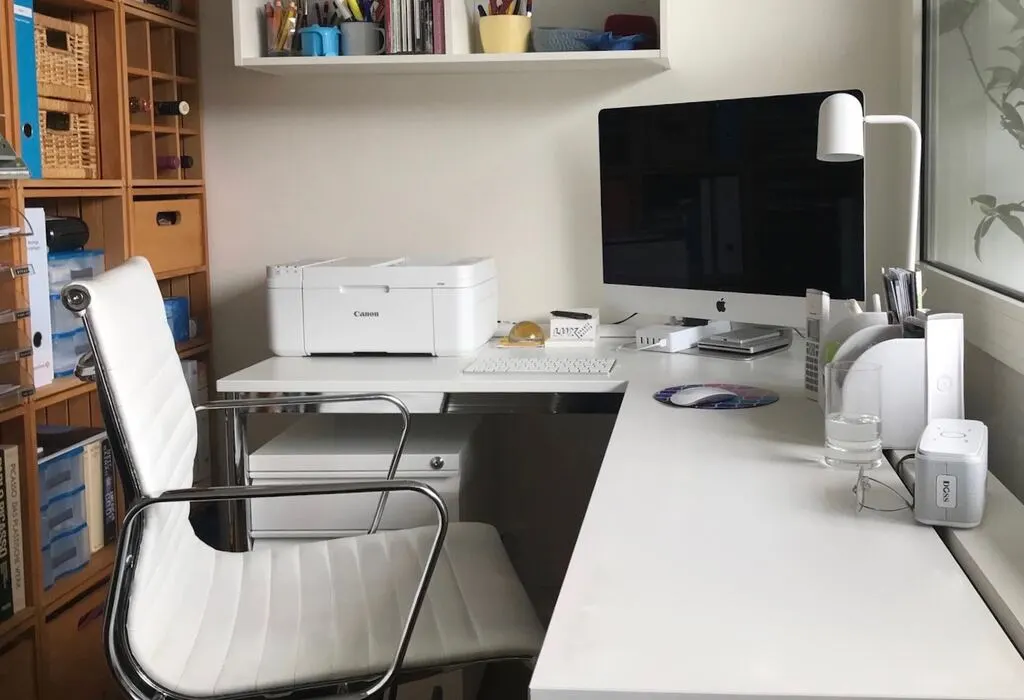A Step-by-Step Guide to Buying the Right Printer for You
In this era of technology, some may view printers as outdated tools. However, they still hold value for individuals and businesses alike. Whether it’s printing documents for work, school assignments, or personal use, selecting the correct printer can significantly impact your experience. With many options available in the market, how does one choose? This step-by-step guide aims to assist you in navigating through the process and finding the printer that suits all your requirements.
Assess Your Printing Requirements
Before delving into the search for a printer, it is crucial to evaluate your printing needs. Are you seeking a printer for frequent usage or heavy-duty tasks? Do you require color printing capabilities? Are black and white prints good enough? Are features like scanning and copying vital to you? Addressing these questions will enable you to narrow your choices effectively and buy 3D printers online that perfectly align with your demands.

Explore Different Printer Types
There are different types of printers, with varying advantages and disadvantages. Consider these types:
Inkjet Printers: These are popular due to their versatility and affordability. They can produce high-quality prints, making them suitable for text and photo printing. However, they are slower than other types of printers, and the cost of ink consumption is high.
Laser Printers: On the other hand, these printers are well known for their speed and efficiency. They are ideal for situations where you need to print a volume of documents as they produce sharp and crisp text. Although laser printers may require a high investment, their cost per page tends to be lower in the long run than inkjet printers.
All-in-one printers might be your best bet for features like scanning and copying capabilities. These devices combine the functionalities of a printer, scanner, copier (and sometimes even a fax machine) into one device. While they offer convenience and save space, it’s essential to remember that the quality of each function may not match that of machines.
Speed and Volume
Assessing print speed and volume is crucial when considering your printing needs and demands. If you frequently need to print batches of documents, buy printers that can handle your workload effectively. Look for printers that offer pages per minute (ppm) and have a high paper capacity, so you don’t have to reload paper frequently.
Check Different Connectivity Options
Printers nowadays provide connectivity options beyond the USB. Many models now offer connectivity like Wi-Fi and Bluetooth, allowing you to print wirelessly from your computer, smartphone, or tablet. Some printers even have built-in support for printing services, enabling document printing from anywhere. Consider your connectivity method and ensure the printer you choose supports it.
Compare Print Quality
When evaluating print quality, focus on resolution and color reproduction, as they play vital roles. Measure resolution typically in dots per inch (dpi), with a higher dpi resulting in more detailed prints. Remember that 600 dpi is usually sufficient for text documents. If you’re printing photos, you might need a higher resolution to achieve vibrant colors. Opt for printers with ink cartridges, which can produce a broader range of colors.
Account for Maintenance and Ink Costs
When deciding on a printer, it’s crucial to consider the costs associated with maintenance and ink. Some printers require maintenance, like cleaning the printhead to avoid clogs and ensure print quality. Moreover, ink cartridges can be pretty pricey for printers that use cartridges. It’s advisable to research the availability and cost of ink cartridges for the printer you are considering to avoid any surprises in the future.
Read Reviews and Compare Different Brands
Before finalizing your decision, take some time to go through reviews and compare printer brands. Look for sources, such as technology publications or consumer review websites, which offer opinions. Pay attention to print quality, reliability, customer support, and overall user experience. Gathering information from sources, you will be well-informed when selecting a printer from a brand with a solid reputation.
In Conclusion
Purchasing a printer requires consideration and thorough comparisons. To make the correct purchasing decision regarding printers, you should assess your printing requirements. Next, evaluate the printer types and the features they offer. Consider factors like print speed and volume as connectivity options. Additionally, compare the print quality of models and factor in maintenance and ink costs. Finally, reading reviews from users can provide insights. By following these steps, you’ll be well prepared to choose a printer that meets your needs and boosts your productivity.

